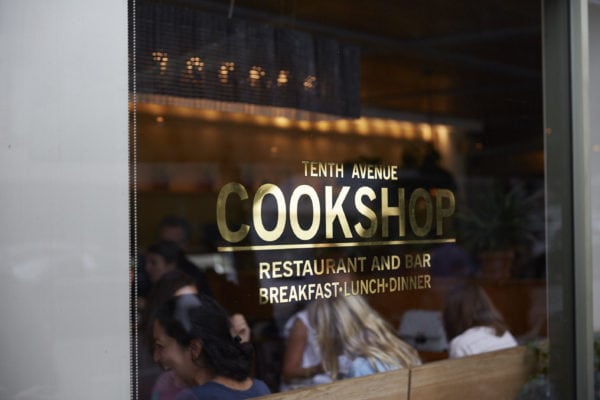Skift Take
Regardless of whether you support the legislation or not, this decision will deeply affect the state of D.C.'s restaurant industry.
— Erika Adams
In the first of many state and city-wide decisions on the topic of restaurant employee wages happening across the United States, Washington, D.C. just voted to eliminate the tip credit for all businesses that employ tipped workers.
For restaurants, this means that all tipped employees, including servers, bartenders, food runners, and bussers, will no longer be paid a separate, lesser minimum wage because they also collect tips that are counted towards their wages. All employees, tipped or not, will be treated as general minimum wage workers going forward.
Industry Impact
For operators, this means that every tipped employee on payroll must go from making $3.33 per hour to $15 an hour by 2026. From the worker’s perspective, this measure will protect employees against wage theft and could combat discrimination and harassment on the job. From an owner’s perspective, that exponential wage increase is going to wreak havoc on profit margins at restaurants across the city.
José Andrés, arguably D.C.’s most famous restaurateur, and his company, ThinkFoodGroup, came down hard in support of the tip credit leading up to the vote. Andrés and ThinkFoodGroup are synonymous with progressive business practices and widespread humanitarian efforts, but the company was vocally against the measure in the news, on social media, and in the group’s restaurants.
When Skift Table spoke with ThinkFoodGroup CEO Kimberly Grant last week, she outlined a dire future for restaurant owners if the tip credit were eliminated. Because the gap between the tipped minimum wage and the regular minimum wage is so large, it will take a major reworking of a restaurant’s operational budget in order to offset the steep rise in labor costs.
“For a company like ours, it’s millions of dollars,” Grant explained. “It’s an exorbitant amount that we can’t offset with any solutions that we’ve been able to come up with.” If the measure passes into law (it still could be overturned by the district’s city council at this point), menu prices would have to increase and the pay disparity between servers and cooks would significantly widen if tipping is not eliminated or shared across the house. According to Grant, ThinkFoodGroup’s employees — and customers — were in support of the credit.
What’s Next?
D.C. residents voted in favor of eliminating the credit by a margin of 55 percent in favor to 45 percent opposed. (Only about 18 percent of the city’s registered voters turned out for the election, according to The Washington Post.) The current mayor, a Democrat, won her primary with 83% of the vote, despite opposing Prop. 77. Following this current vote, the measure will pass to the D.C. Council, where it will sit for a 30-day legislative review. Ten out of the 13 Council members who will be involved in the review have publicly opposed eliminating the tip credit, according to the I, and the Council has overturned voter-approved legislation in the past.




